2022 AUA Academic Conference in Conjunction with Tsinghua Symposium Seminar: The Exchange of Asian Civilizations and the Smooth Flow of Trade Along the Countries of the Belt and Road Initiative
On August 28th, 2022, AUA Academic Conference in conjunction with Tsinghua Symposium Seminar was successfully held at Hunan University. Under the theme of “The Exchange of Asian Civilizations and the Smooth Flow of Trade Along the Countries of the Belt and Road Initiative”, experts and scholars emphasized the significance of promoting shared identity and values, working hand in hand toward improving Asian higher education and its tangible impact on society’s biggest challenges.
The conference was held in a hybrid format, co-hosted by Tsinghua University and Hunan University. It included three-panel discussions, attended by 39 scholars representing 35 universities and 12 countries.
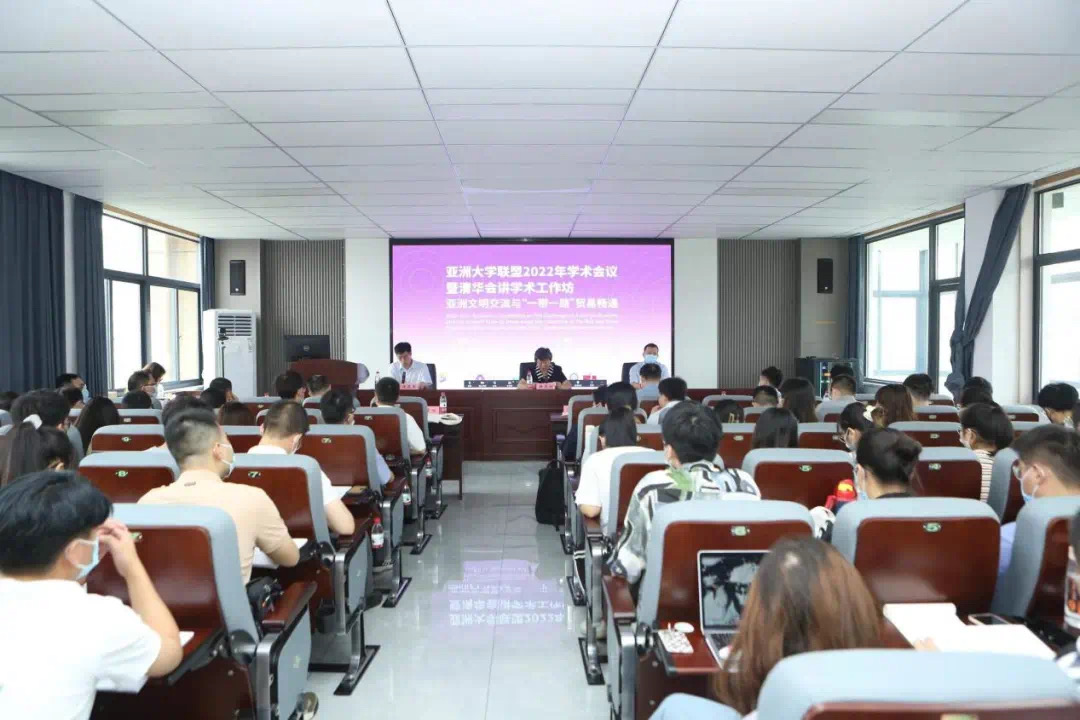
The AUA Academic conference began with the opening ceremony, chaired by Prof. Hou Junjun, Dean of the School of Economics and Trade, Hunan University. Prof. Wang Weibin, Vice President of Hunan University, delivered the welcoming remarks. Following this, Dr. Zhang Chuanjie, AUA Secretary, pointed to the importance of exchanges among Asian civilizations. He encouraged scholars from different countries and universities to strengthen dialogue, embrace diversity and deepen mutual understanding.
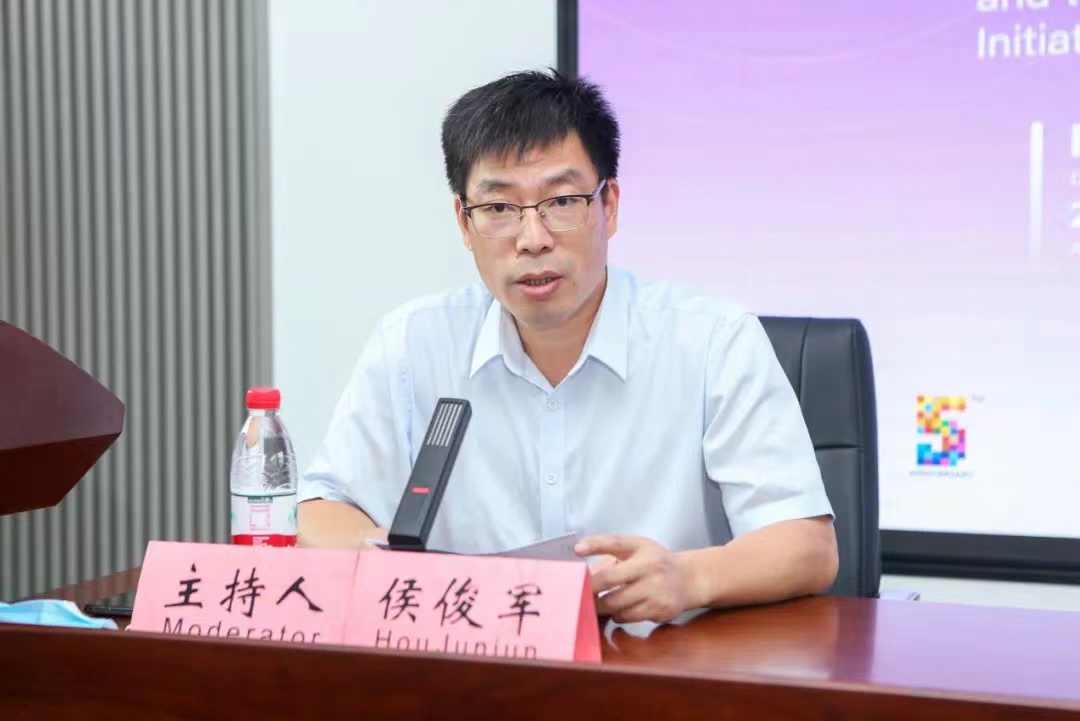
Following the opening ceremony, invited experts delivered keynote speeches addressing current socio-economic issues within Asia. Prof. Sawada Yasuyuki, who served as the Chief Economist of the Asian Development Bank (ADB) and is now a professor at the Faculty of Economics at the University of Tokyo, gave a speech on “Imitation, Innovation, and Digitalization in Post-COVID Asian Development.” According to Prof. Yasuyuki, the driving policy of Asian technological transformation should be analyzed through historical narratives of technological development in Asia as well as Japan’s “flying geese paradigm.”
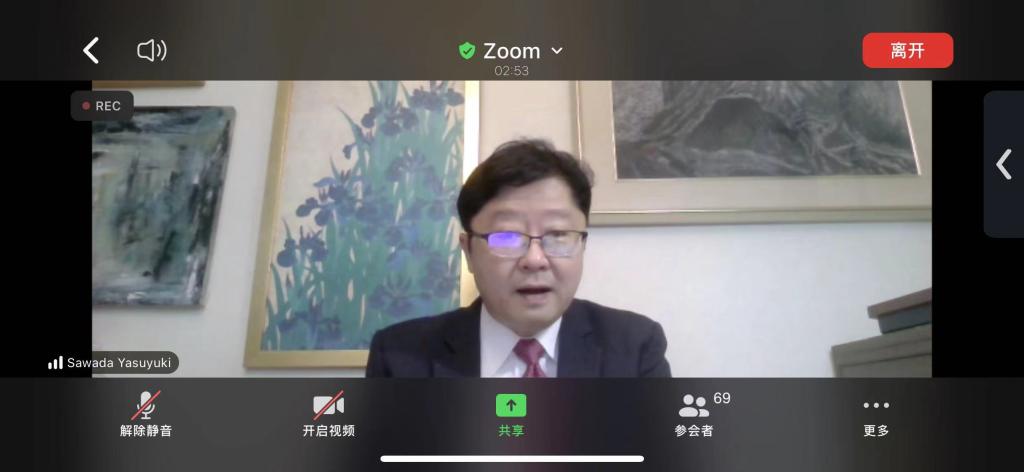
Prof. Fu Yuming from the Business School at the National University of Singapore gave a speech entitled “Urban Development in the Context of Decarbonization and Digitalization.” He stressed that the development of low-carbon cities in response to climate change should continue by improving the national happiness index. Prof. Xu Helian, who serves as the Secretary-General of the China-Africa Economic and Trade Research Institute at Hunan University, delivered a speech entitled “Structural Characteristics and Reconstruction of the Trade Relations Network of Countries along “the Belt and Road.” He demonstrated the network structure of the BRI countries and their supply chain characteristics through space-time performance using geographical computing. Prof. Tang Xiaoyang, Dean of the Department of International Relations at Tsinghua University, delivered his keynote speech on the topic “Asian Regional Integration Process Under the Trend of Counter-globalization.” He provided an excellent blueprint for regional cooperation in Asia by considering the historical context of globalization.
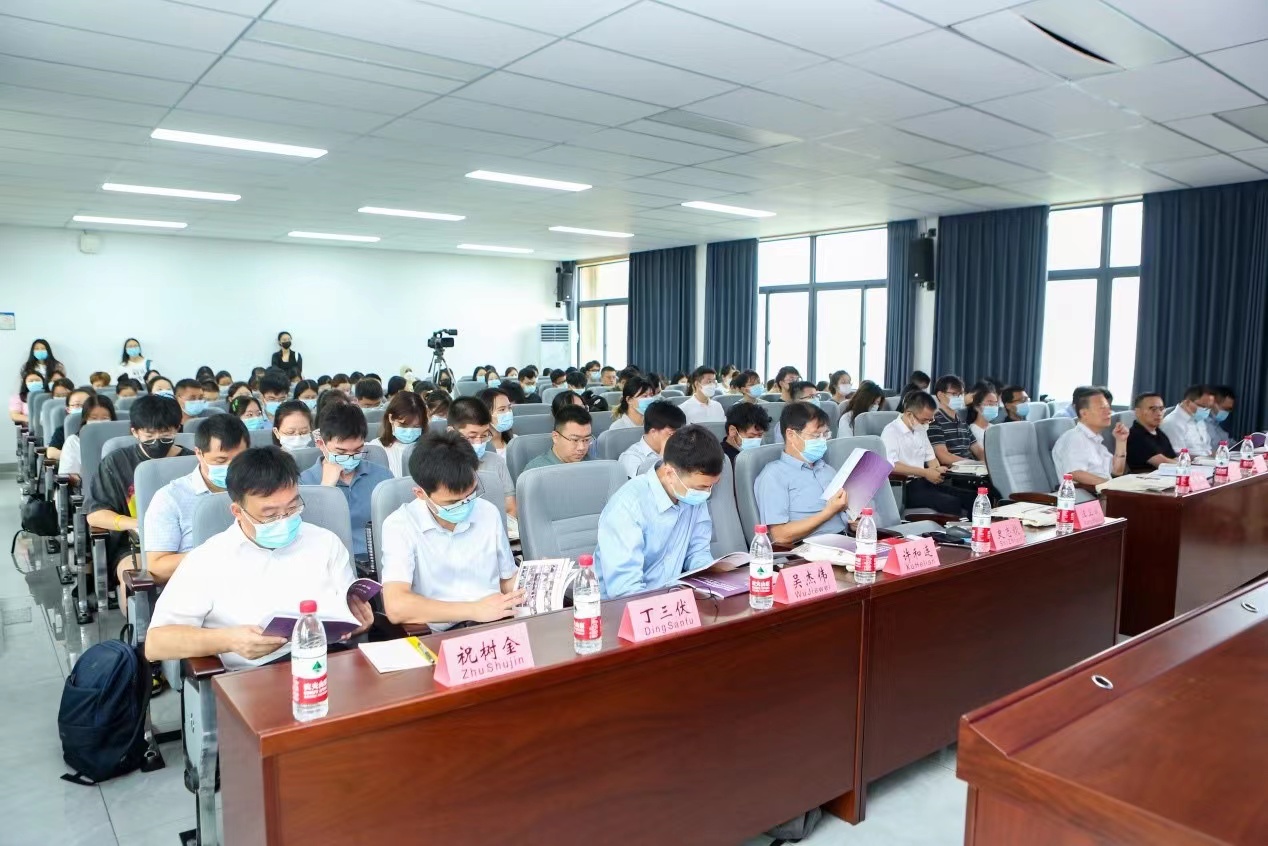
In the first panel discussion, entitled “The Belt and Road Initiative and Civilizational Exchange and Mutual Appreciation”, 13 scholars presented their research results and proposed a set of policy formulations. They provided an overview of the countries and regions along the Belt and Road and mainly focused on the following topics: maritime Silk Road, peacekeeping, and digitalization.
During the second panel discussion, 12 speakers elaborated on the major role of the Belt and Road initiative as well as the impact of international cooperation on development. Under the theme of “Economic and Social Impact of the Belt and Road Initiative", scholars also proposed a set of technical strategies to advance the BRI initiative based on quantitative economic modeling.
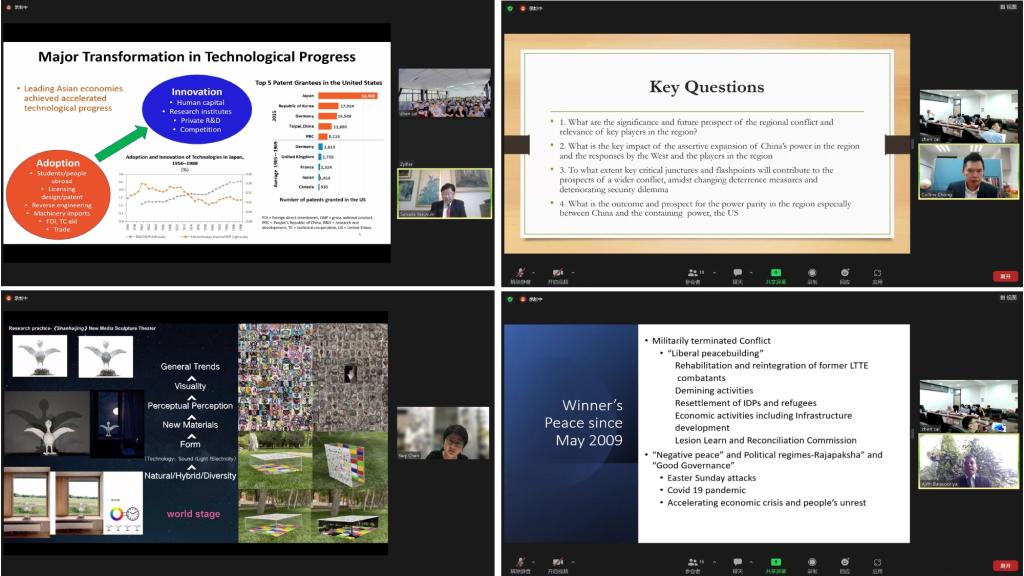

Prior to the closing ceremony, the third-panel discussion entitled “Inclusive Growth and Digital Transformation in Asia” took place. Its participants discussed how China, Japan, Indonesia, Vietnam, and Sri Lanka among other Belt and Road countries in Asia had improved their socio-economic development through a technological transformation as well as education-driven and innovative thinking. Speakers argued that focusing on the topics such as green finance, digital media, and talent cultivation is the key to achieving success in the process of modernization.
At the closing ceremony, Prof. Ai Hongshan delivered a concluding speech. Each session during panel discussions was chaired by respected professors from Tsinghua University and Hunan University.
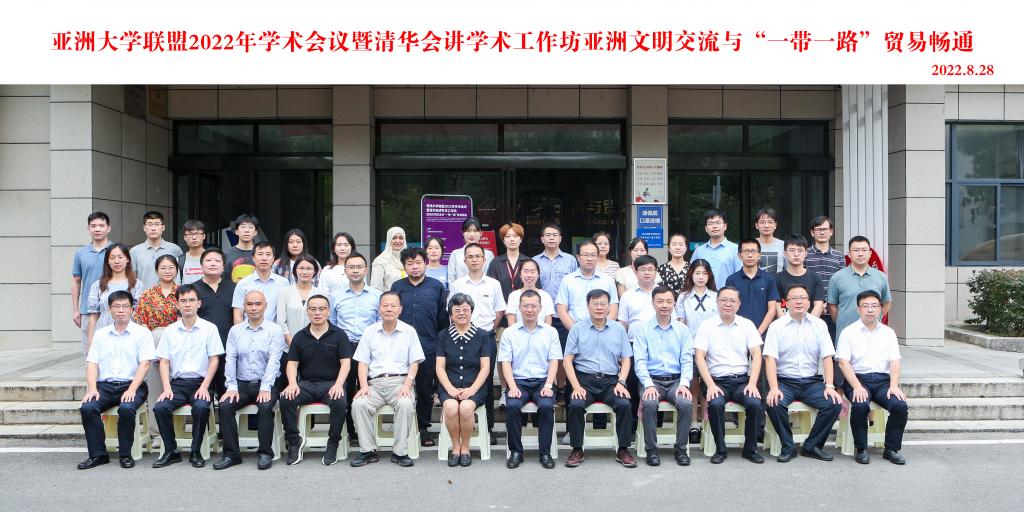
Overall, this academic conference was a success as it will certainly help further strengthen the collaboration among Asian universities, enhance cultural exchanges, and promote trade along the countries of the Belt and Road initiative. Participants agreed on the significance of sharing knowledge among civilizations and improving people-to-people exchanges to build a better future for all.
